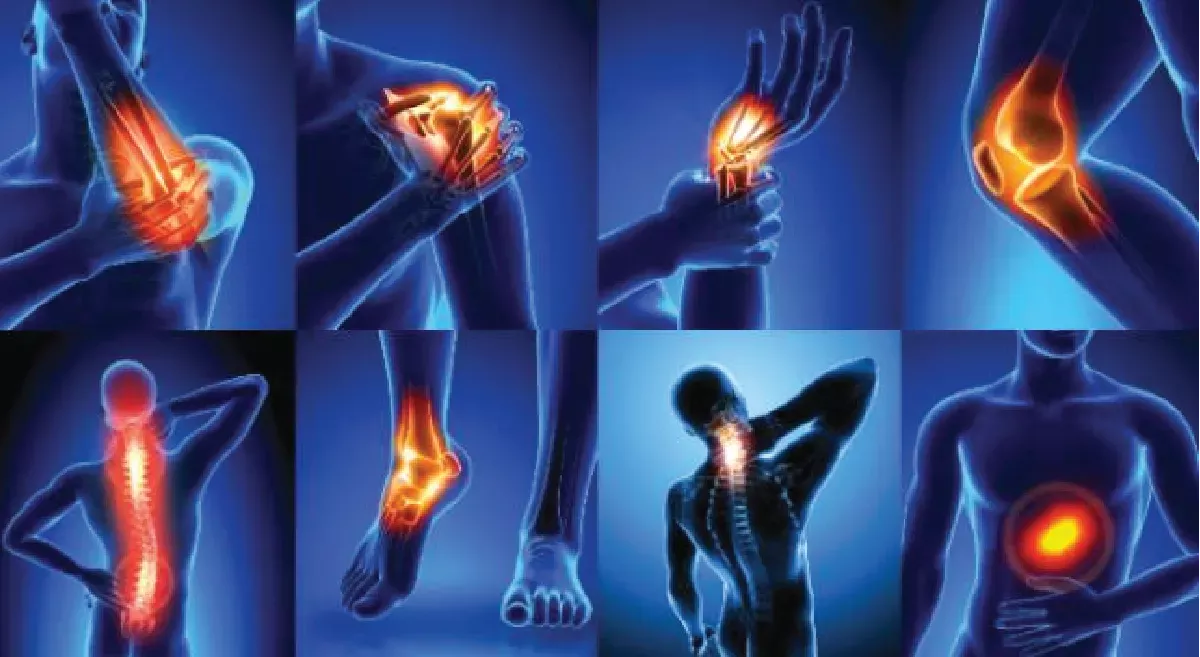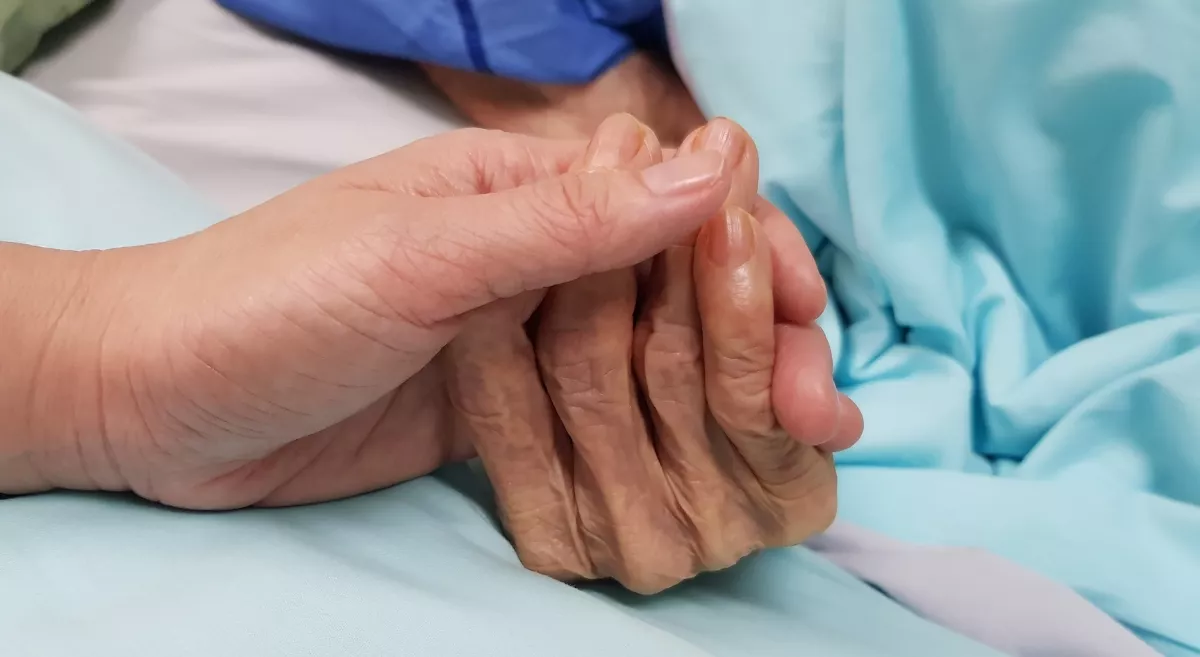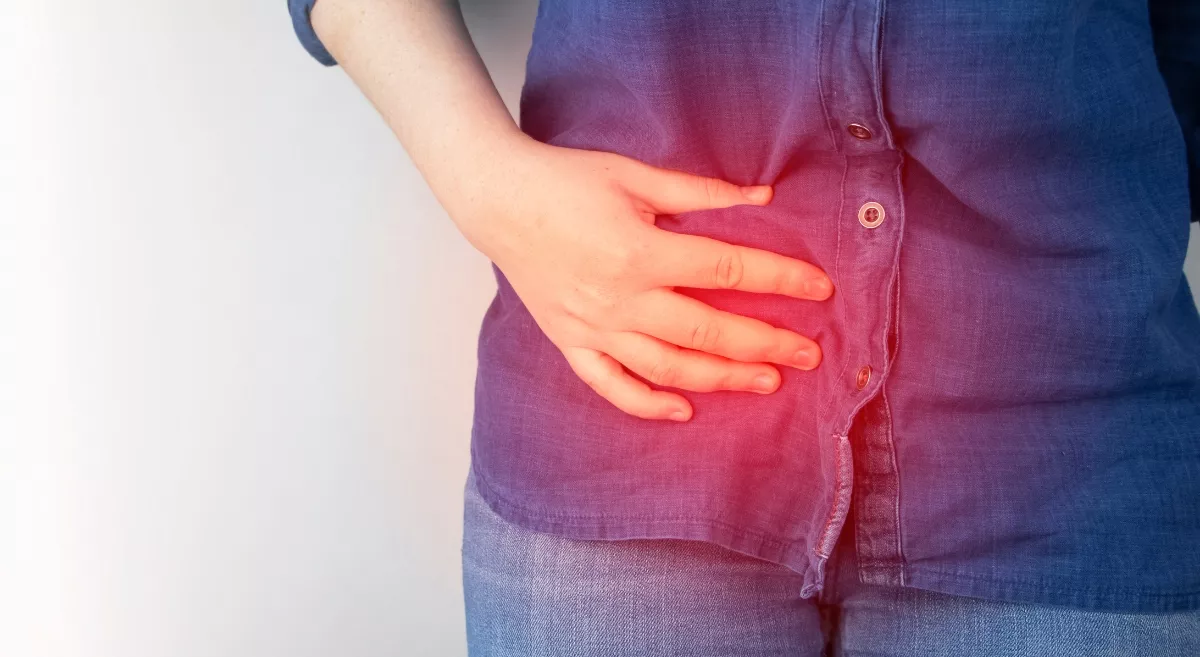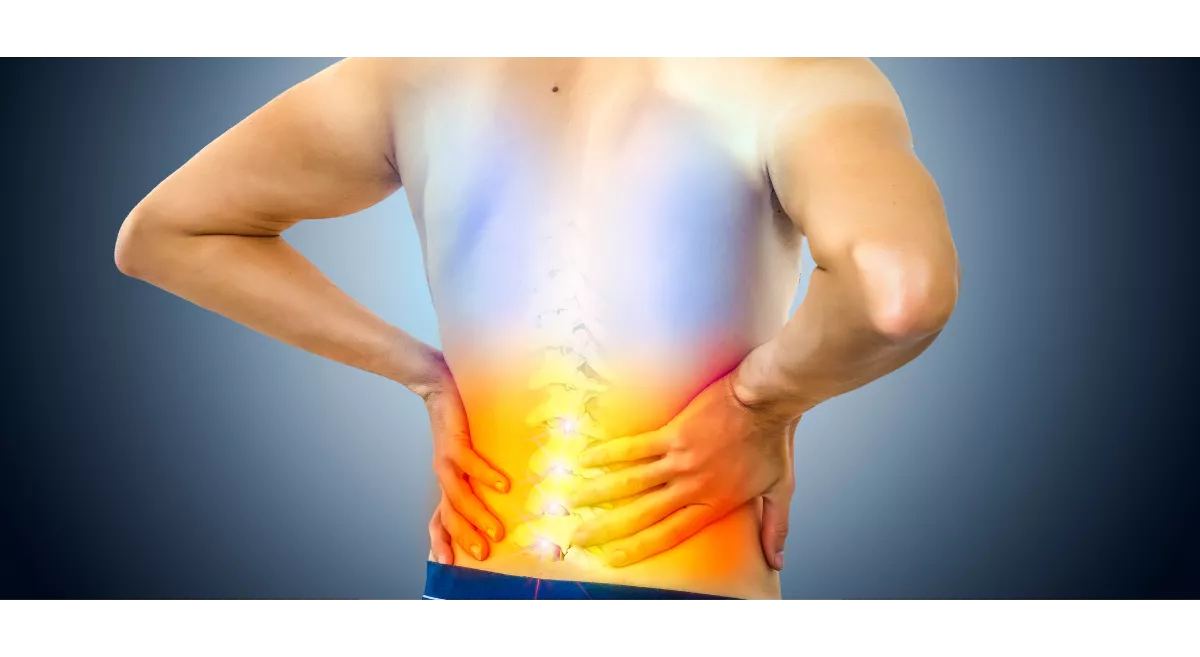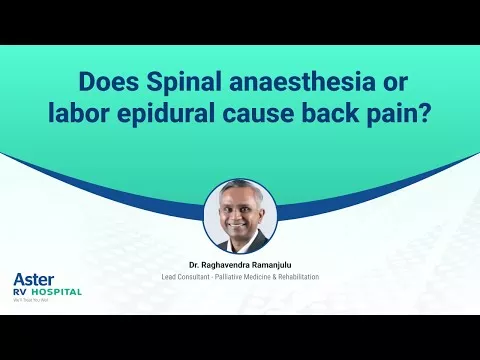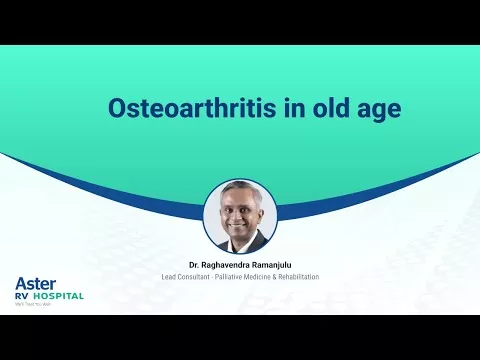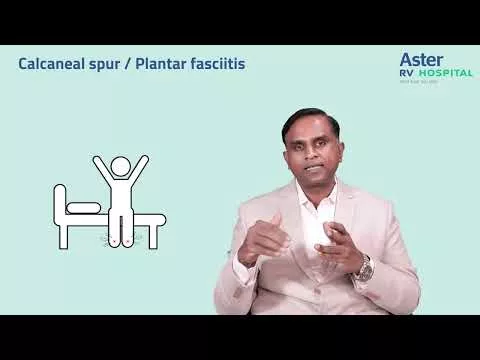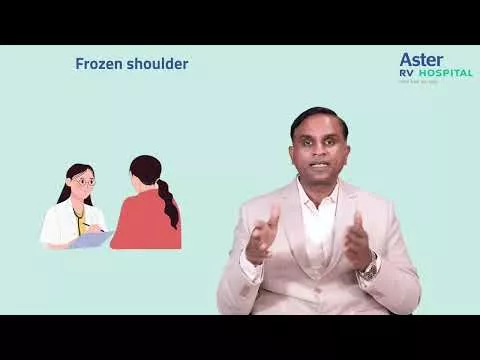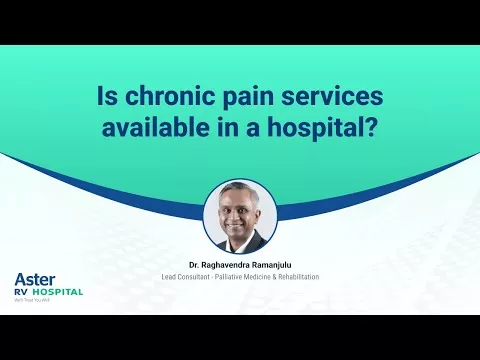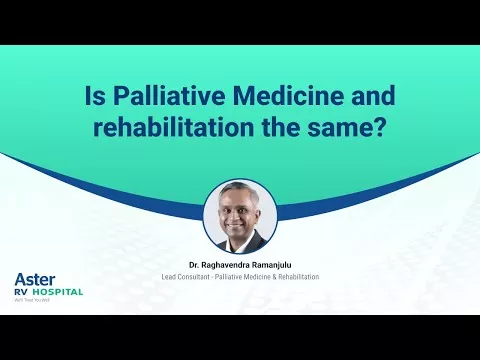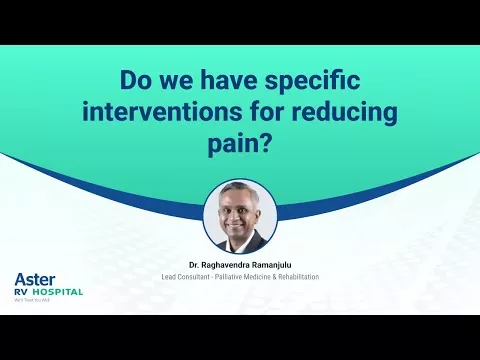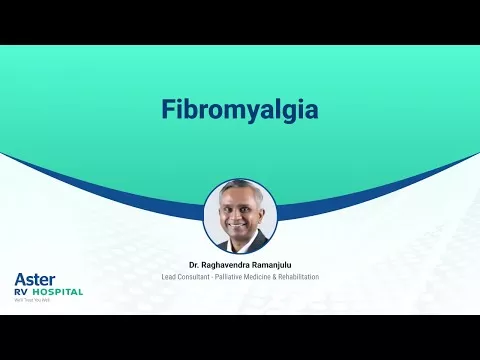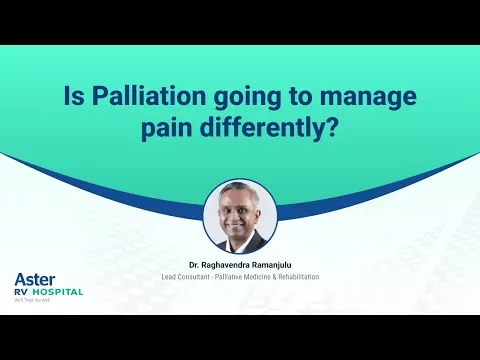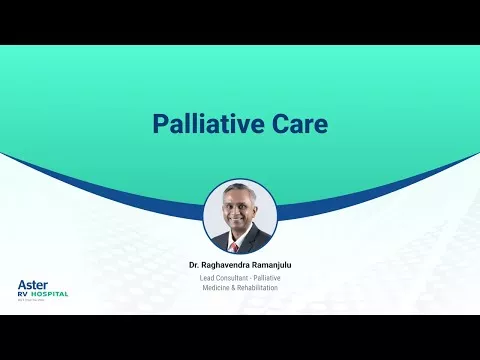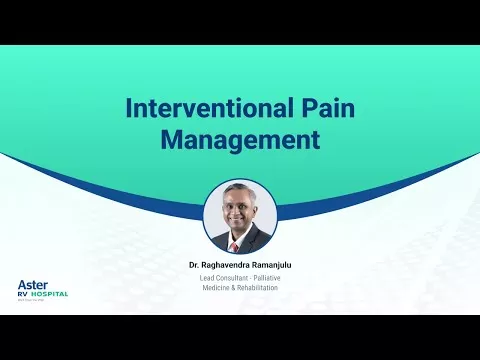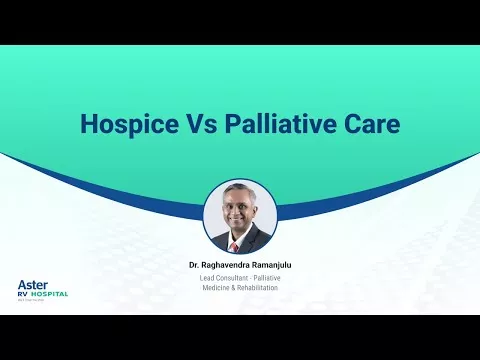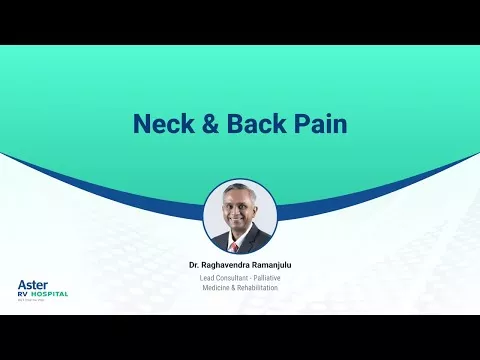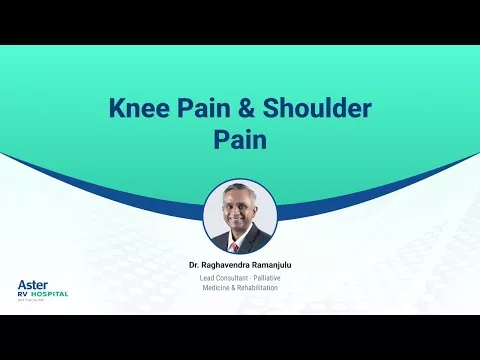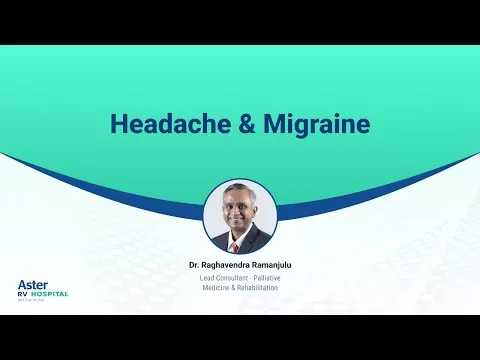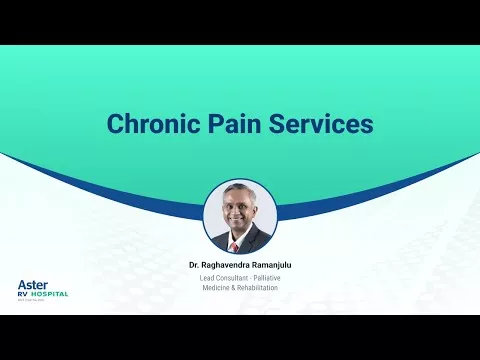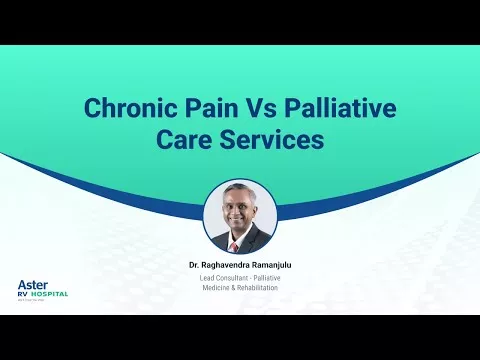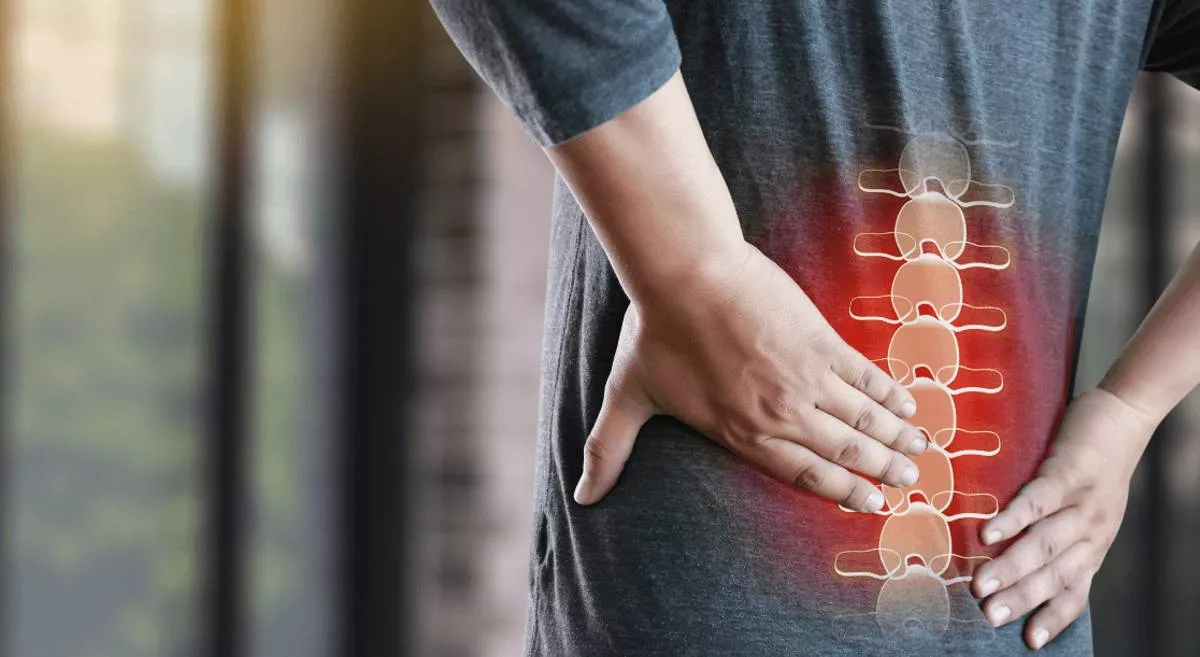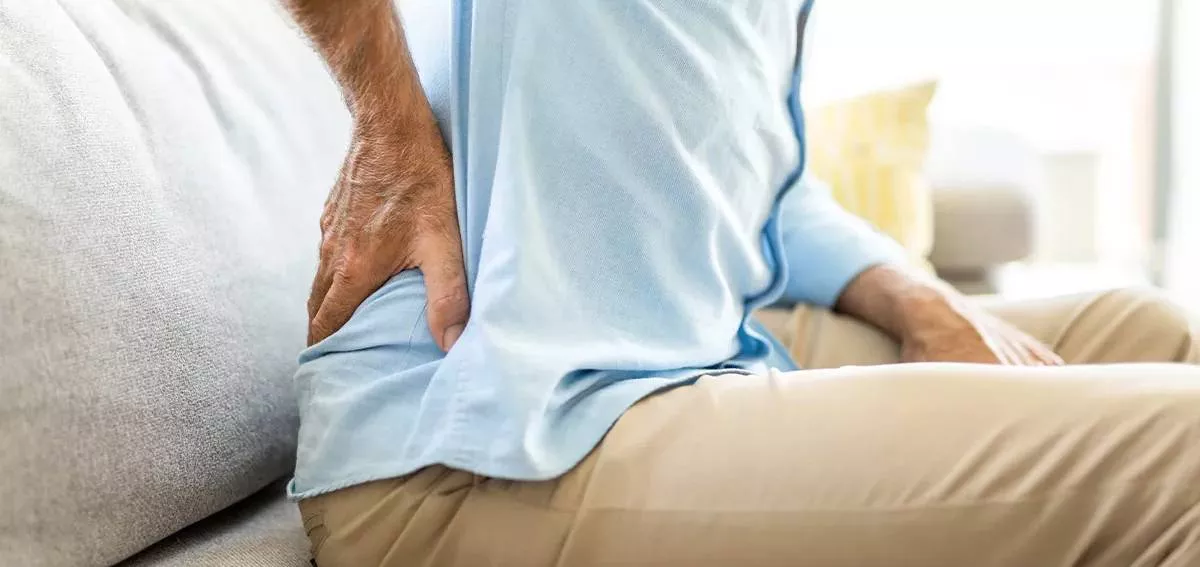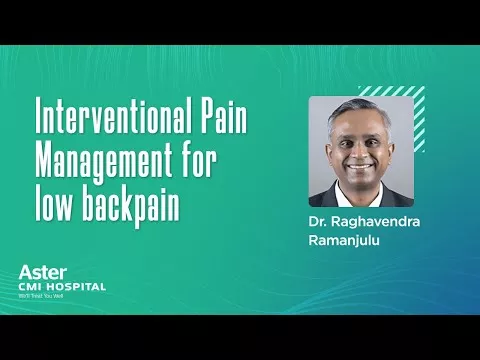What is Chronic pain
Chronic pain is defined as pain that persists beyond tissue healing or in simple terms more than 3 months. The International classification of disease has considered chronic pain as a disease by itself.
An individuals Lifestyle plays a vital role in determining the recovery from an injury or chronic pain conditions. It’s imperative to analyse chronic pain patients for the coexistent inappropriate lifestyle habits and resultant aberrant behaviour pattern as a coping strategy. Chronic pain can impact a patient’s life not limiting to only physical but inadvertently impacting social interaction, psychological wellbeing and overall outlook towards life.
The most evidenced comprehensive modalities of improving chronic pain are healthy lifestyle, balanced diet, sleep hygiene, exercise and yoga. The aforementioned practice is well known and undoubtably would improve any chronic condition not limiting to chronic pain. The concern raised to incorporate the evidence habits by chronic patients is the substantial effort, rigour and difficulty at sustaining.
Approach to acute or chronic pain
The easiest approach a patient initiates to cope with an acute or chronic pain would be to limit physical activity, intake of multiple pain medications and probably resort to substance habituation.
Alcohol consumption may show an initial Improvement in an acute pain condition due to its inhibitory effect on the nerve for pain transmission. On the contrary when the same pain turns chronic, like persistent low back or fibromyalgia, this can have a deleterious effect of even pain worsening and risks of alcohol addiction/misuse. They also could carry potential risks of other substance abuse like chronic pain medication overdose or tobacco dependence.
There have been some clinical studies on patients with low back pain, opining that smoking has no direct effect on pain perception. The only perception they felt was decreased anxiety levels for a short period of time. There were no demonstrable sustained positive effects of smoking on chronic pain patients, but lead to negative impact of heavier smoking and nicotine addiction. Smoking also lead to patient reporting higher pain intensity, lower tolerance to pain with worsening of anxiety.
To conclude life style factors like alcohol consumption & tobacco have a negative impact on chronic pain improvement with potential addiction behaviour. Balanced healthy diets with physical activity on the other hand, have been considered to be beneficial at managing and reducing chronic pains.
